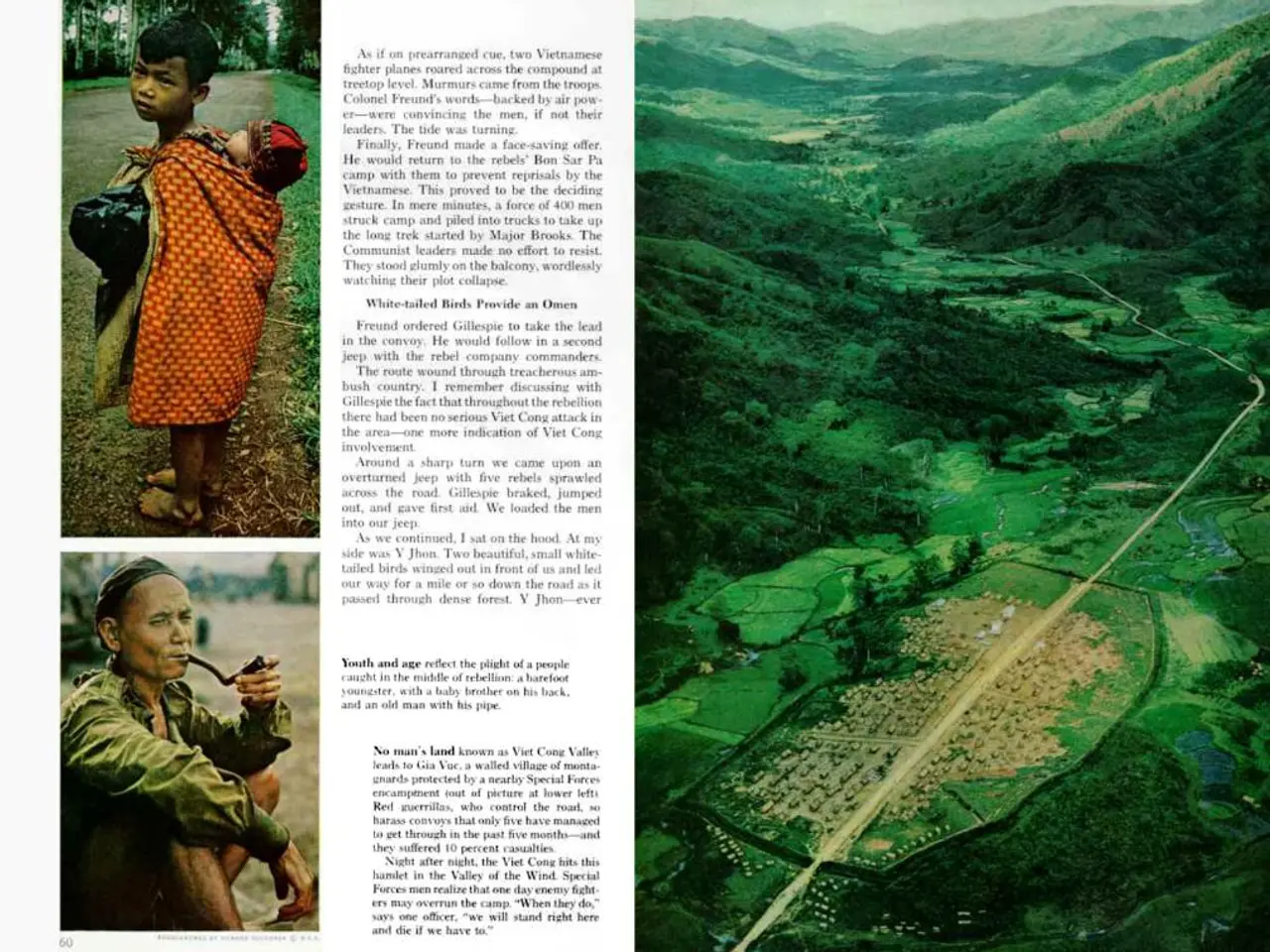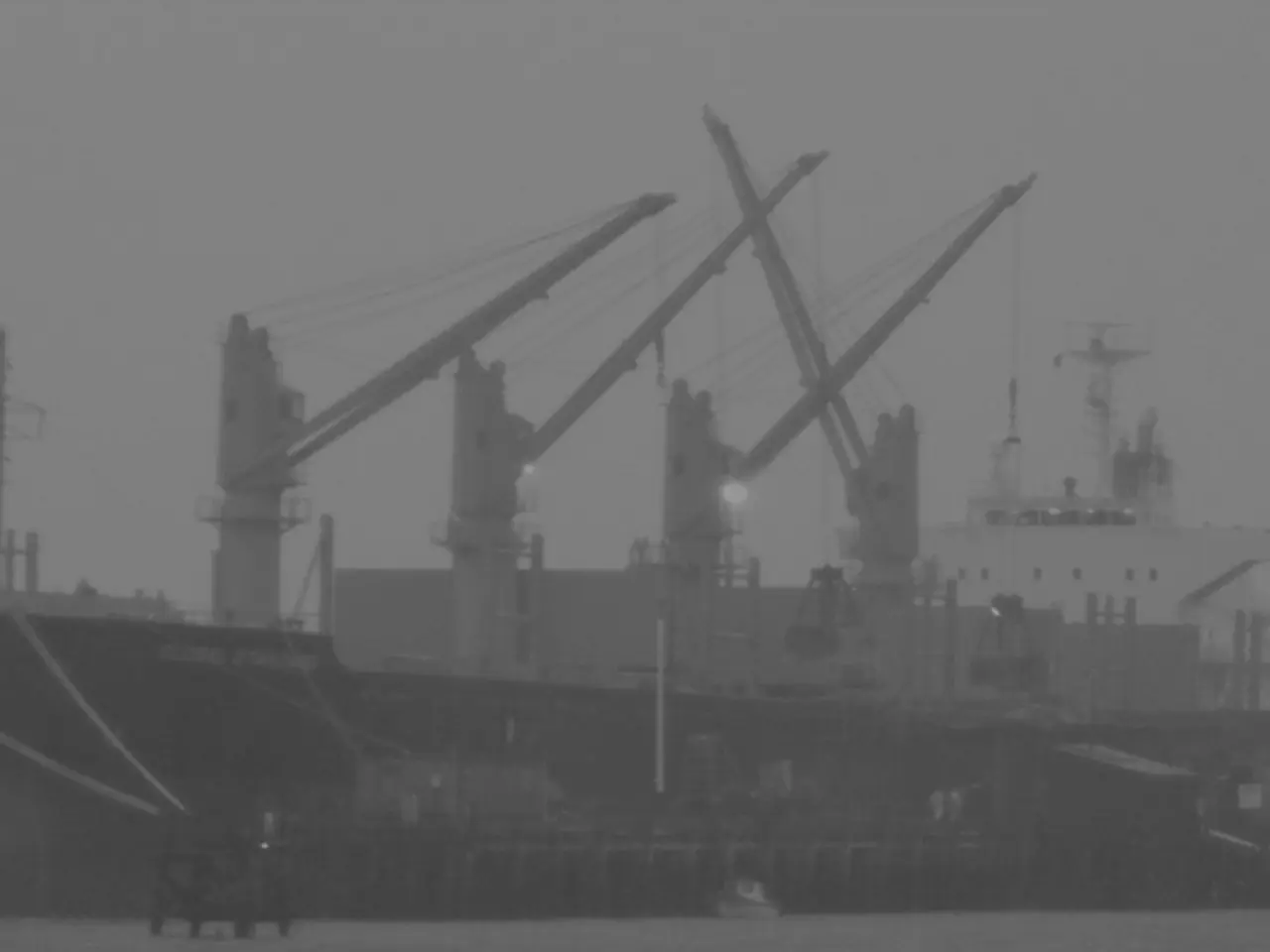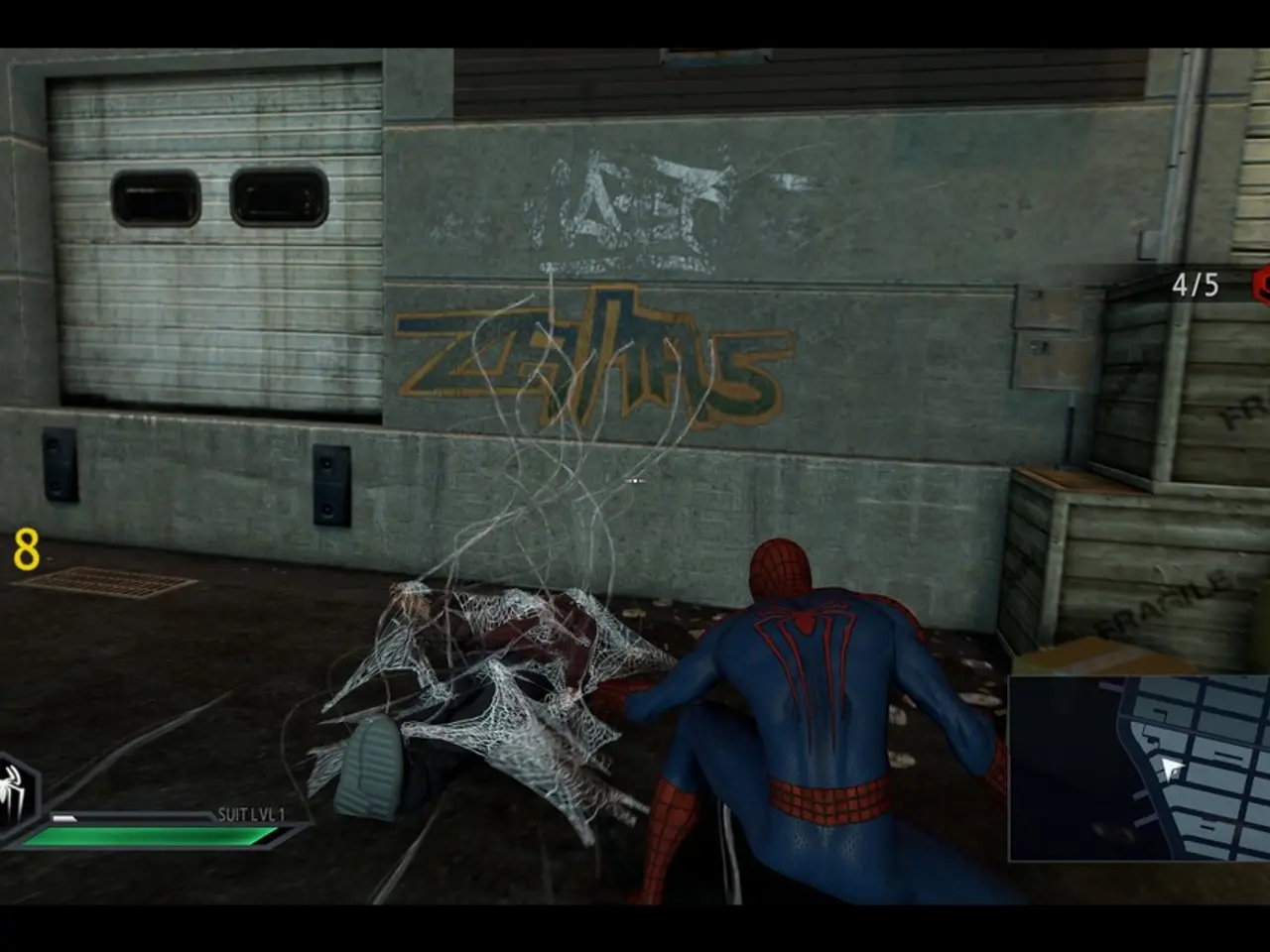Mass atrocities are ongoing in Gaza, and it is the responsibility of Europe to intervene, asserts an Israeli academic.
In recent years, accusations of genocide against Israel in the Gaza Strip have gained traction, with voices from various quarters calling for accountability. The allegations, which Israel vehemently denies, centre around systematic policies that some believe could meet the criteria for genocide under international law.
According to the 1948 Convention on the Prevention and Punishment of the Crime of Genocide, genocide is established when there is an intent to destroy, in whole or in part, a national, ethnical, racial, or religious group. The current international legal discourse revolves around findings by human rights organizations, international courts, and UN experts, with a significant trend acknowledging or seriously debating the applicability of the genocide label to Israel’s actions against Palestinians in Gaza.
One of the most vocal proponents of the genocide claim is Omer Bartov, a Holocaust and genocide scholar. Bartov believes Israel's operation in Gaza is set to empty Gaza of Palestinians. Despite past ceasefires and the recent easing of the food blockade, Bartov maintains his accusation, stating they were imposed on Israel.
Amnesty International, in a report published in December 2024, concluded that there is sufficient basis to state that Israel has committed and continues to commit genocide against Palestinians in the occupied Gaza Strip. The report cites systematic starvation policies blocking food and humanitarian aid, targeting over two million civilians, including children, as evidence.
The International Criminal Court (ICC) has also issued arrest warrants for Israel’s Prime Minister and Defense Minister for crimes against humanity and war crimes linked to this conflict period (October 2023 to May 2024). Israeli human rights groups B’Tselem and Physicians for Human Rights-Israel have also published reports concluding Israel is committing genocide against Palestinians in Gaza.
UN experts have criticized humanitarian efforts managed under Israeli control, especially the Gaza Humanitarian Foundation, as demonstrating grave breaches of international law alongside accusations of genocide and war crimes. They call for stronger international oversight since Israel remains responsible as an occupying power under the Geneva Conventions.
However, not everyone agrees with these accusations. Stefan Talmon, an international law professor, contends there is no genocide. Israeli officials, too, reject accusations of conducting a genocidal campaign, stating their operation is solely geared towards disempowering and eradicating Hamas.
Bartov fears that if Israel is allowed to get away with its actions in Gaza, it will become a pariah state, which could lead to a rapid erosion of democracy and a rise in antisemitism. He argues that Israel, as a country accused of genocide, should not be shielded by its historical connections to the Holocaust. Bartov believes that institutions set up to commemorate the Holocaust have been silent on Gaza, which he says will dent their credibility.
Bartov also claims that Israeli NGOs B'Tselem and Physicians for Human Rights have issued a common appeal, calling on "Israelis and the international community to take immediate action to stop the genocide, using all legal tools available under international law." As the debate continues, the international community grapples with the complexities of the situation in Gaza and the potential implications for Israel and the wider region.
- In the realm of general news, the international community is deeply engaged in debating the accusations of genocide against Israel in Gaza, with various human rights organizations, such as Amnesty International, and NGOs, like B'Tselem and Physicians for Human Rights-Israel, suggesting that Israel's actions against Palestinians might meet the criteria for genocide under international law.
- The ongoing war-and-conflicts in the Gaza Strip and the related issues of crime-and-justice are not only a matter of local politics but a significant component of the global political discourse, as evidenced by the ongoing debates and legal proceedings concerning allegations of genocide against Israel.








